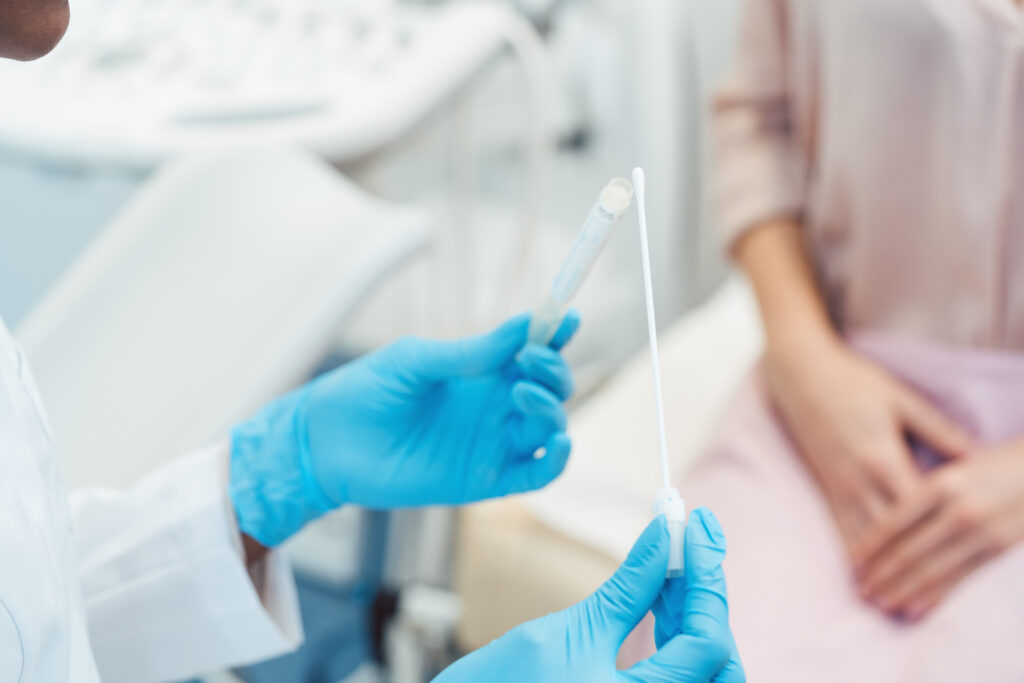A new study has revealed that a simple cheek-swab test can identify arrhythmogenic cardiomyopathy (ACM) in children up to five years before traditional diagnostic methods. The genetic heart condition, which disrupts the structure and electrical signals of the heart, is responsible for more than 10% of sudden cardiac deaths in children.
Researchers at Great Ormond Street Hospital and St George’s, University of London trialled the test on 51 children aged between three months and 18 years who carried a genetic risk of ACM. Over seven years, 10 of the participants developed the disease, and in eight cases, abnormalities were detected by cheek swabs before conventional tests picked them up. A further study of 21 children with no known risk found five with abnormalities identified by the swabs.
The findings, presented at the European Society of Cardiology congress in Madrid, suggest the swab could become a crucial tool in early detection. Unlike blood tests or scans, the swab is painless, risk-free, and takes only two minutes.
Dr Angeliki Asimaki of St George’s described the test as offering “a window into microscopic changes happening in the heart,” while patients and families expressed a preference for the ease and comfort of swabs over invasive procedures.
With around one in 10,000 people in the UK affected by ACM, researchers are now working on home test kits that would allow families to send samples by post for analysis. The hope is that earlier detection will enable at-risk children to receive timely care and potentially life-saving interventions.
Dr Sonya Babu-Narayan of the British Heart Foundation, which funded the research, said the development “could identify children in the early stages of ACM who need extra care, or provide reassurance to at-risk children and their families with normal test results.”


